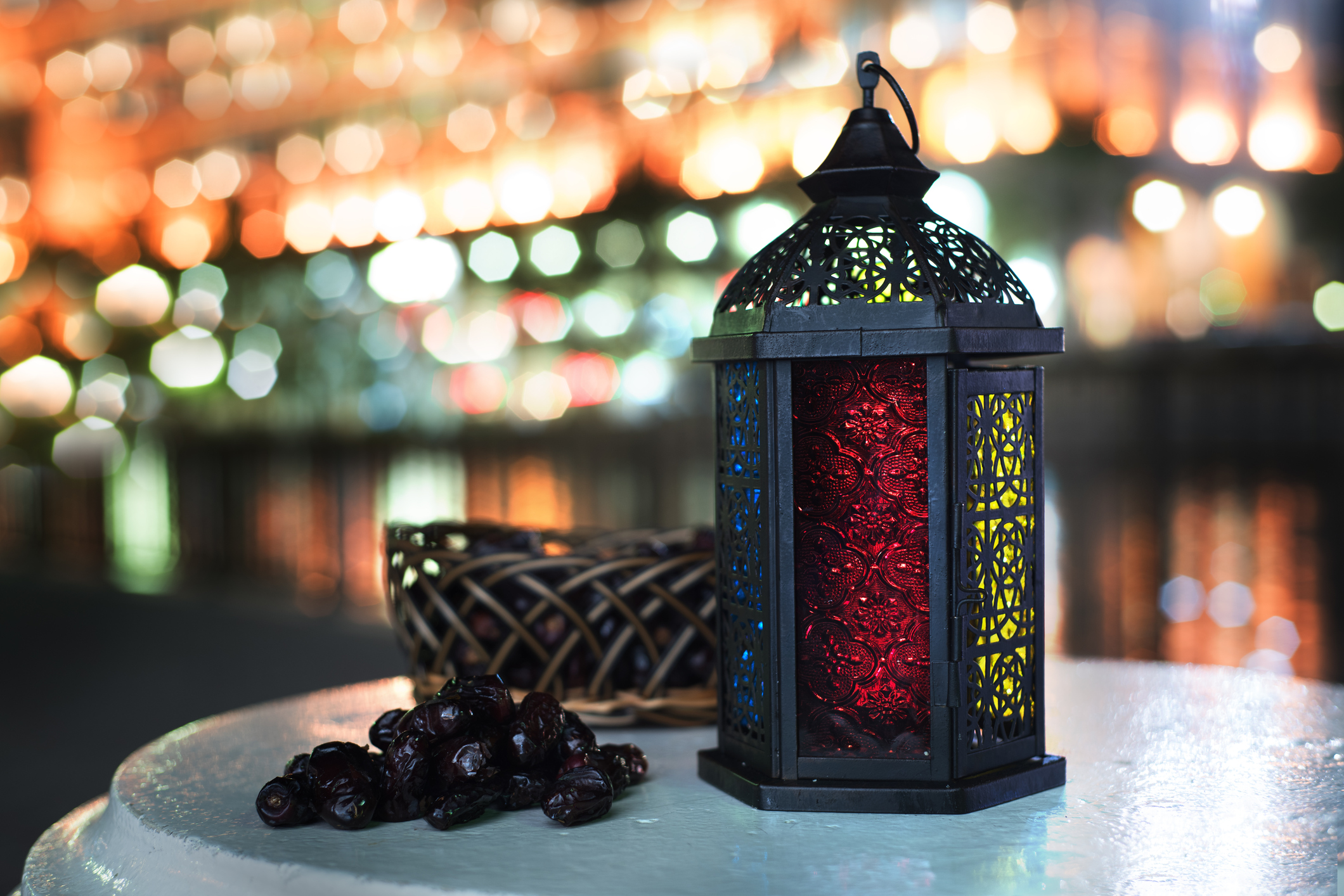

By Nushrat Anjum
Photo credits: iStock by Getty Images
After 21 years in Qatar, Ramadan traditions in my household are a subtle blend of Bangladeshi culture, with a hint of Arab influence. In all these years, we’ve built our own Ramadan traditions, which simultaneously keeps us close to our roots and allows us to celebrate the culture of the country in which we live. After a long day of fasting, I become equally excited to devour either Bengladeshi Jilapi (a south Asian dessert), or Arab Kunafeh for Iftar.As a third culture kid, instead of struggling with finding my own identity, I’ve learned how to enjoy the perks of both cultures. One of those perks is taking elements of Ramadan celebrations from both cultures and making our very own Ramadan practices. As expats, this is a part of life that, in one way or another, belongs to almost 88 per cent of the population of Qatar.
Ramadan is the month of giving, repentance, and building discipline; we all wait eagerly for it to come, but it goes by in the blink of an eye. In my opinion, a typical day in Ramadan differs from person to person. For example, my parents’ day begins way earlier than mine. It’s almost a daily struggle to wake up even at 11:00 a.m. because I tend go to sleep after having Sohour and praying Fajr. The working members of the family go to the office by 10:00 a.m., while for the rest of the family, the day is a balanced routine of household chores, official errands, occasional hospital visits, Iftar preparation and, of course, doing Ibadat in the form of Salat or Qur’an tilawat.
The Iftar preparations generally begin after 4:00 p.m. It’s mostly the women of the family in the kitchen, but the men often try to help out; (that does not go well though!). Iftar time is amazing not only because you get to break your fast, but also because the whole family sits together after a day of work. Even my uncles come over for Iftar; the more the merrier. Every few days we give Iftar to our neighbours and security guards at the gates, because sharing is an important part of our Ramadan tradition. It’s quite important for us to understand that Ramadan is not about feasting; so this year it was my goal to bring down food wastage to a minimum. Even if we had leftovers we’d give them out to people who usually work after Iftar.

Our Iftar is generally eaten in two parts; after breaking our fast with dates, Tang, fruit salad, and flattened rice pudding, everyone prays Maghrib. Then everyone gathers and eats essential Ramadan food items like Piyaju, Chola, and Beguni (deep-fried snacks made with lentils, chickpeas, and eggplants) from our Bengali culture. All these years spent in Qatar have exposed us to so many amazing Arabic dishes (like Qatayef, Harees) which are included in our Iftar menu every now and then.
After Iftar, everyone gathers around the living room, drinks tea, watches the news or cricket (if it’s on), plays board games, or has conversations on the prevailing political issues. These conversations are important as they reaffirm our courage, besides educating us. Going to mosque for Taraweeh is an integral part of our Ramadan tradition because, along with experiencing praying in Jamaat, you get to meet so many people whom you might not see on a day-to-day basis. In addition, even we get excited for Garangao! Unending Eid shopping and visits to the tailor are scattered amongst all these activities. Even though everyone looks forward to Eid, it’s actually quite sad how fast Ramadan is over.
Does your family have any unique Ramadan tradition? Tell us about them in the comments section. Don’t forget to give us like or share- it keeps us going!
Follow us on our social media channels:
![]() @ILQlive
@ILQlive
![]() @ILQlive
@ILQlive
![]() @ILoveQtr
@ILoveQtr
![]() ILoveQatar
ILoveQatar

You have successfully registered your account!
Please confirm your e-mail address by clicking on the URL sent to you.The e-mail usually arrives in 5-10 minutes.
How ajeeb was that!? Thanks for contributing to our community! Your post will appear after we take a quick look!